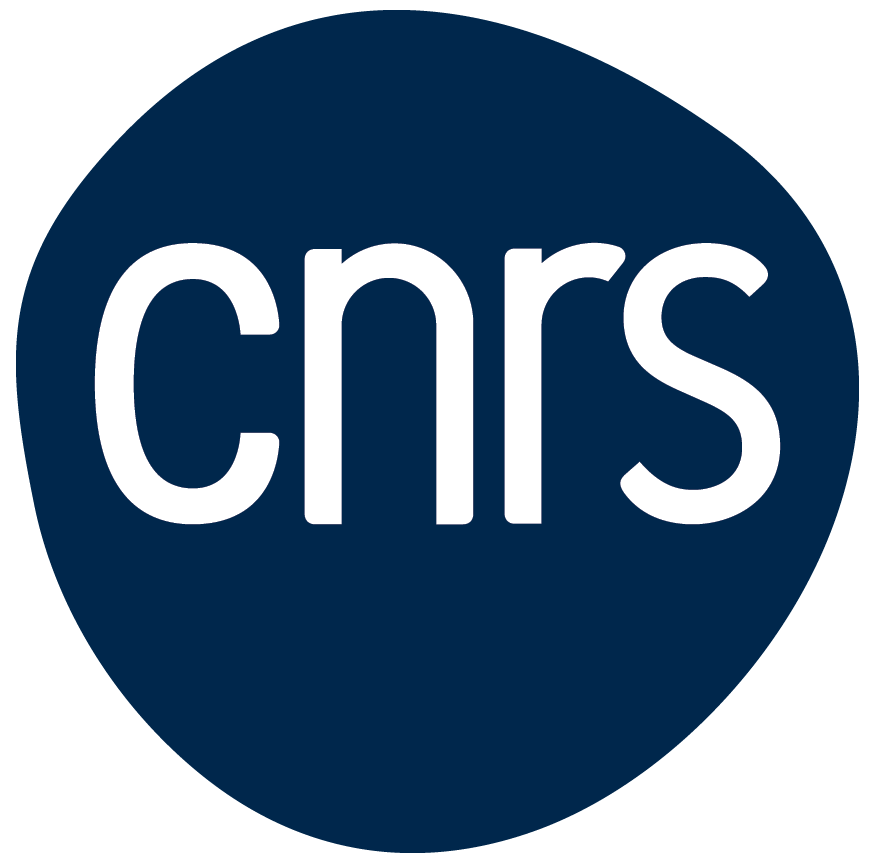Workshop international UTC-Univ Tokyo
Du 27 au 29 mars, le laboratoire Heudiasyc de l’UTC a organisé l’International Workshop – The OWHEEL European H2020 MSCA-RISE Project » avec l’université de Tokyo et coordonné par Alessandro Correa Victorino.
L’objectif de ce workshop était de réunir des chercheurs de l’université de Tokyo, mais aussi des membres du projet Européen OWHEEL, des chercheurs d’Allemagne, des Pays-Bas, d’Italie et d’Angleterre, qui ont pu échanger à la suite de présentations portant sur les sujets suivants:
▪ Véhicule d’angle multi-actionné,
▪ Innovations en matière de châssis de véhicules intelligents,
▪ Planification et contrôle des mouvements axés sur le confort dans les véhicules (semi) automatisés,
▪ Collaboration entre robots hétérogènes aériens et terrestres,
▪ Projet Owheel : les concepts vers le confort optimal de la conduite automatisée,
▪ Communication drone-véhicule pour l’identification des paramètres routiers,
▪ Perception visuelle avancée et navigation autonome,
▪ Laboratoire d’e-mobilité et technologie avancée sur les véhicules électriques,
▪ Commande électrique multi-actionnée du véhicule,
▪ Contrôle et stabilisation intelligents des véhicules,
▪ Contrôle, navigation et perception des systèmes robotiques.
From March 27th to 29th, the Heudiasyc laboratory of UTC organized the International Workshop – The OWHEEL European H2020 MSCA-RISE Project » with the University of Tokyo and coordinated by Alessandro Correa Victorino.
The objective of this workshop was to bring together researchers from the University of Tokyo, as well as members of the European OWHEEL project, researchers from Germany, the Netherlands, Italy, and England, who were able to exchange ideas following presentations on the following topics:
- Multi-actuated cornering vehicle,
- Innovations in intelligent vehicle chassis,
- Planning and control of comfort-oriented movements in (semi) automated vehicles,
- Collaboration between heterogeneous aerial and ground robots,
- Owheel project: concepts towards optimal comfort in automated driving,
- Drone-vehicle communication for road parameter identification,
- Advanced visual perception and autonomous navigation,
- E‑mobility laboratory and advanced technology on electric vehicles,
- Multi-actuated vehicle electric control,
- Intelligent vehicle control and stabilization,
- Control, navigation, and perception of robotic systems.


